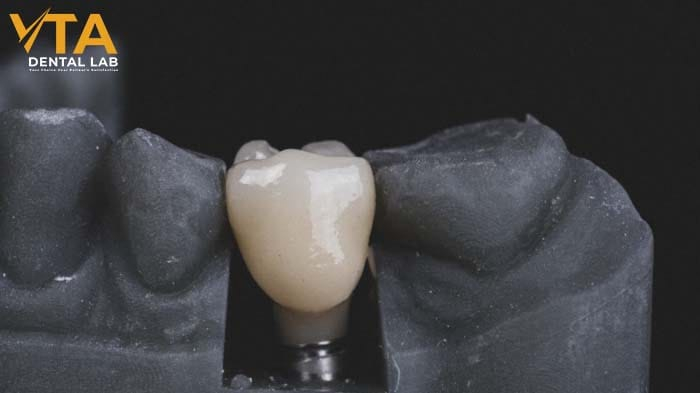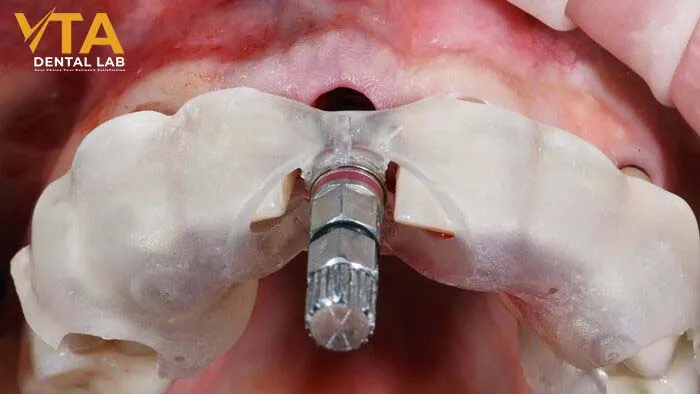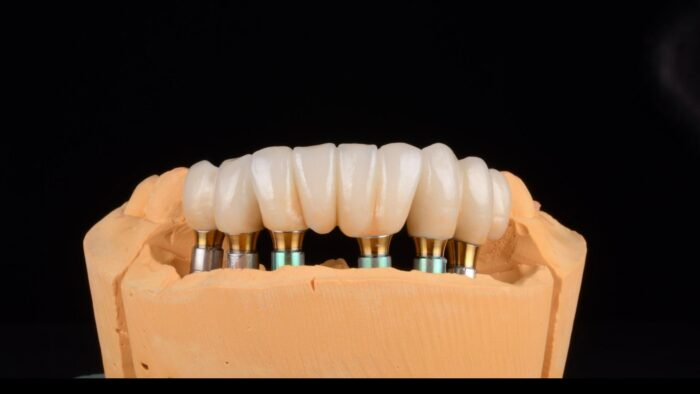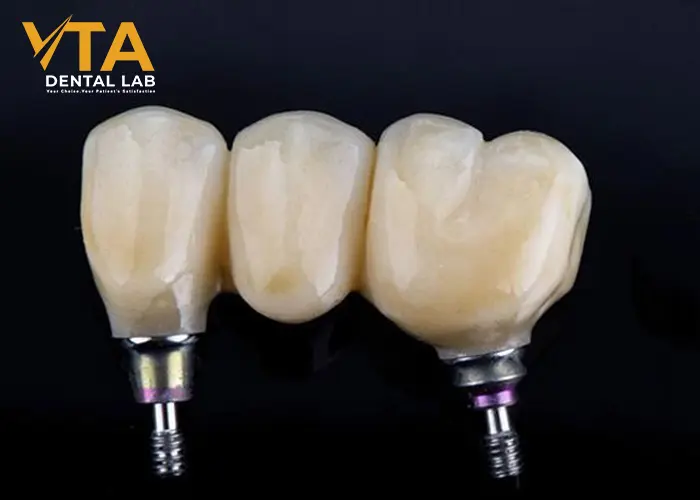Does implant teeth hurt? Pain Levels and Recovery Tips
Dental implants are one of the most effective solutions for replacing missing teeth, but many patients worry about potential pain associated with the procedure. This common concern often leads people to ask: “Does implant teeth hurt?”. In this article, we’ll explain what to expect during the implant procedure and offer tips for a comfortable recovery so you can approach your treatment with confidence
Does implant teeth hurt?
Dental implant surgery involves minor trauma to the gums and jaw, but the procedure itself is performed under local anesthesia, which numbs the nerves around the implant area. This means that patients do not feel pain during the implant placement.
However, as with any surgical procedure, some discomfort or pain may occur after the anesthetic wears off. Patients typically describe post-surgery pain as mild to moderate, and it is usually manageable with over-the-counter pain relievers and home remedies like ice packs.
It’s also important to note that gum health can affect the level of pain a patient experiences. Those with healthy gums are likely to experience less pain than individuals with gum disease.

What Is a Dental Implant Procedure?
The dental implant procedure involves several steps, typically spread over a few months to ensure proper healing and successful integration of the implant. Here’s a general overview:
Consultation and Planning: The dentist will evaluate your overall oral health and take X-rays or scans to assess the bone structure and determine the best approach for implant placement.
Tooth Extraction (if necessary): If an implant is replacing a damaged or decayed tooth, the first step may be to extract the affected tooth.
Implant Placement: In the first stage of the procedure, the dental implant (a titanium post) is surgically placed into the jawbone. The implant serves as the root for the replacement tooth. The bone is then allowed to heal around the implant in a process called osseointegration, which usually takes several months.
Healing and Osseointegration: During this phase, the implant fuses with the bone, providing a stable foundation for the final tooth restoration. The dentist may provide temporary solutions during this time.

Abutment Placement: Once osseointegration is complete, a small connector piece called the abutment is attached to the implant. This piece will hold the new tooth securely in place.
Placement of the Final Restoration: After the gums heal around the abutment, the dentist will place the permanent crown, bridge, or denture, custom-made to fit the patient’s mouth.
Follow-up Care: After the procedure, follow-up visits will be required to ensure the implants are healing correctly and to check for any signs of complications. Proper oral care and regular checkups are essential for long-term success.
- Learn more: Materials for crafting dental crowns and bridges
How Painful Are Dental Implants Before and After Surgery?
During the surgical procedure, each individual’s pain tolerance and experience can vary. However, most patients report only mild discomfort during and after surgery.
During the Surgery
During dental implant surgery, pain in the surgical area is a major concern for many patients. As mentioned earlier, the surgeon uses sedation or local anesthesia to help the patient feel as comfortable as possible during the procedure, adjusting the level as needed to ensure a smooth experience.
Post-Surgery
Pain in the implant area is a common concern, but it is important to emphasize that most patients experience less pain than they expect. After the surgery is complete, patients may experience some discomfort, but this can be controlled with prescription medication. Additionally, applying an ice pack to the outside of the mouth in the healing stages can help reduce swelling or discomfort for several hours after surgery.
- See more: Dental implant alternatives for molar

Factors Affecting Pain Levels and Recovery
The amount of pain during and after dental implant surgery depends on a number of factors, including:
Bone grafting: In cases where the jawbone lacks the necessary structure to support a dental implant, the patient may need to undergo a bone graft. This additional procedure involves taking bone from another part of the body (or using bone graft material) to promote new bone growth in your jaw.
Nerve damage: This is extremely rare but is a small possibility during implant surgery. If nerve damage occurs, it can lead to increased discomfort or sensitivity, and immediate medical attention should be sought.
Overall oral health: Regular checkups of your natural oral health, timely tooth extractions, and maintaining good oral hygiene habits can prevent infection, ensure a healthy implant site, and reduce the likelihood of discomfort after implant surgery.

How long does a patient have discomfort after dental implants?
The pain and discomfort after dental implant surgery will gradually decrease within 1-2 weeks. Patients can return to daily activities after 2-3 days, however, they should avoid eating hard, hot foods and not do strenuous activities in the first few weeks. You should contact your dentist immediately if you experience severe and prolonged pain.
Does the implant’s teeth hurt after the anesthesia wears off?
After dental implant surgery, expect some pain and discomfort once the anesthesia wears off. The intensity of pain can vary from person to person but is usually described as mild to moderate. The pain is most intense 48 to 72 hours after surgery and gradually decreases.
In addition to discomfort, temporary symptoms such as pain and tenderness at the implant site and swelling may occur. These can be controlled with prescription medications during the healing process.
How to Reduce Pain and Discomfort at Home After Dental Implant Surgery
Pain and discomfort at home after dental implant surgery can be controlled with a combination of over-the-counter pain relievers and lifestyle changes:
Pain relievers: Over-the-counter pain relievers are effective in controlling pain after dental implant surgery.
Cold compresses: Applying a cold washcloth or ice to the cheek can help reduce swelling and pain. Apply for about 10 minutes at a time, several times a day.
Physical activity: Limit strenuous physical activity immediately after surgery to control hives and speed up the healing process.
Eat soft foods: Choose soft, cold foods such as yogurt to help minimize discomfort, avoid eating hard foods because they can affect the implant area.
Do not smoke: Smoking can slow down the healing process and can cause serious irritation to the implant site.

- Maybe you are interested: Top 5 best dental insurance for implants
Final Takeaways
Patients are concerned about the pain and discomfort of dental implant surgery. Fortunately, advances in technology and materials have made the entire process much less painful than it used to be. In addition, it is important for dental clinics to choose a reliable supplier of dental implant products and services to ensure accuracy, and durability, and reduce swelling at the surgical site.
VTA Dental Lab is proud to provide full-service solutions for dental clinics in the US, from digital dental impressions to high-quality custom restorations. With advanced technology, a team of highly skilled technicians, and a commitment to quality, VTA Dental Lab is always ready to support clinics in providing reliable and excellent implant services to their patients.